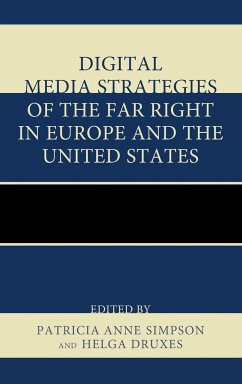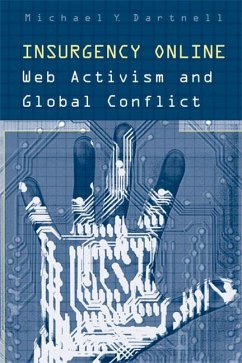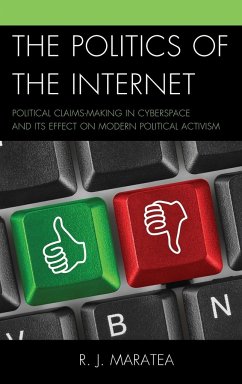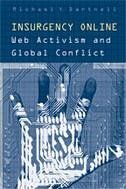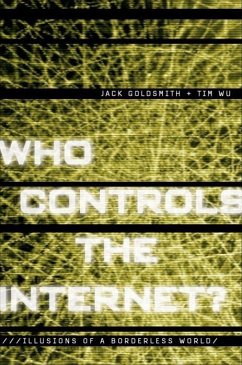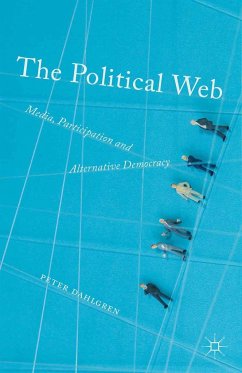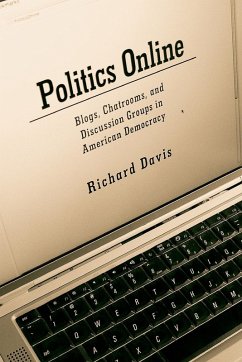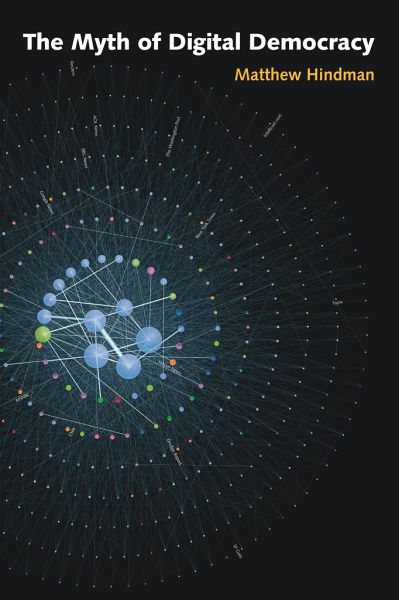
The Myth of Digital Democracy

PAYBACK Punkte
19 °P sammeln!
"An outstanding combination of theoretical and empirical work. Hindman has produced one of the very few best books, ever, on the relationship between the Internet and democracy. Indispensable reading."--Cass R. Sunstein, author of Republic.com 2.0 "Hindman provides a serious, informed, and methodologically conscientious argument in favor of the position that the Internet has not fundamentally changed the elitist and concentrated structure of the public sphere typical of mass media. He produces significant evidence against both fears of fragmentation of discourse and hopes that we are seeing a ...
"An outstanding combination of theoretical and empirical work. Hindman has produced one of the very few best books, ever, on the relationship between the Internet and democracy. Indispensable reading."--Cass R. Sunstein, author of Republic.com 2.0 "Hindman provides a serious, informed, and methodologically conscientious argument in favor of the position that the Internet has not fundamentally changed the elitist and concentrated structure of the public sphere typical of mass media. He produces significant evidence against both fears of fragmentation of discourse and hopes that we are seeing a more egalitarian and democratic networked public sphere. The contribution is important, and anyone working in this area will have to contend with his data and analysis."--Yochai Benkler, Harvard University "Many authors make claims about the Internet and politics on the basis of some piece of the problem--by looking just at Web sites or blogs, or by examining link structure, or evaluating some aspect of campaigns for office. Hindman has drawn together many pieces of the puzzle into a coherent whole. This is an ambitious book, and it delivers."--Bruce Bimber, University of California, Santa Barbara "This book makes a significant contribution to the study of political communication. Hindman's approach provides an extensive and multifaceted view of online political content, its producers, and its audiences. This book breaks new ground in important ways, and is likely to become a modern classic in the field of the Internet and politics."--Diana Owen, Georgetown University





